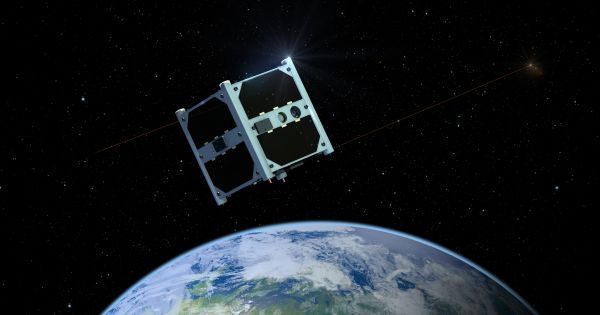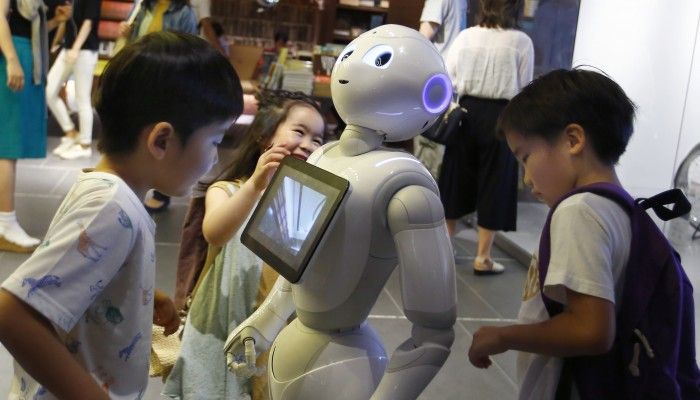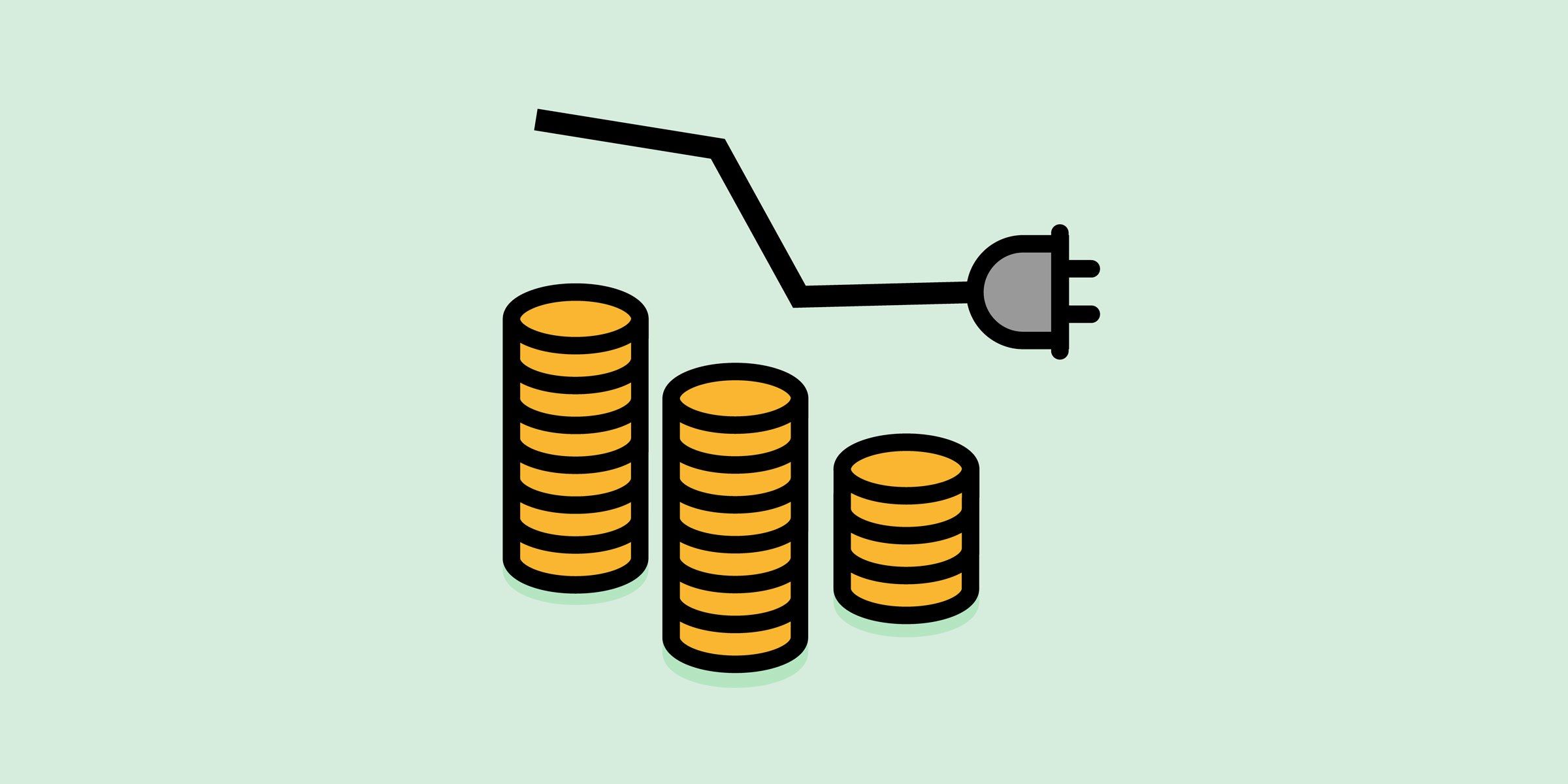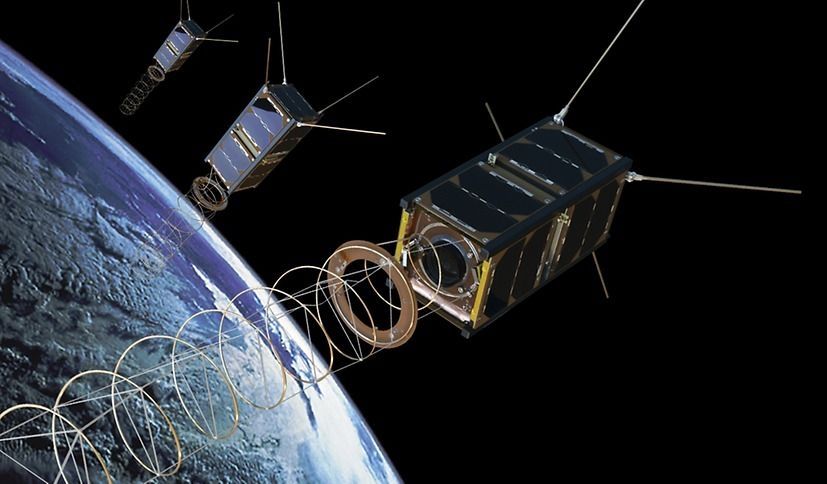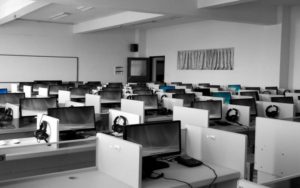Sending satellites into space is going to continue to get cheaper since SpaceX proved it could reliably launch refurbished rockets. This is going to open up space exploration to more entities allowing for the continued democratization of space. Other technological advances could make a global space centered sharing economy a real possibility.
The rise of the internet and the ubiquity of mobile computing devices have changed everything from travel and shopping to politics – think Uber, Amazon, and Twitter.
